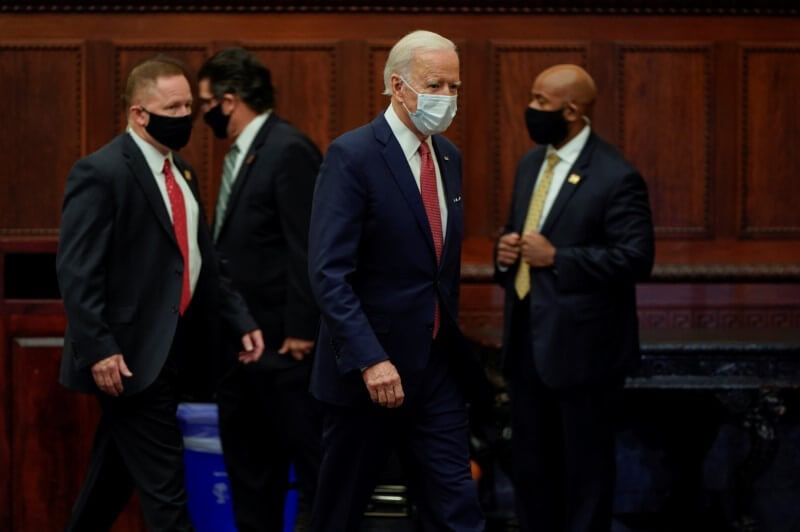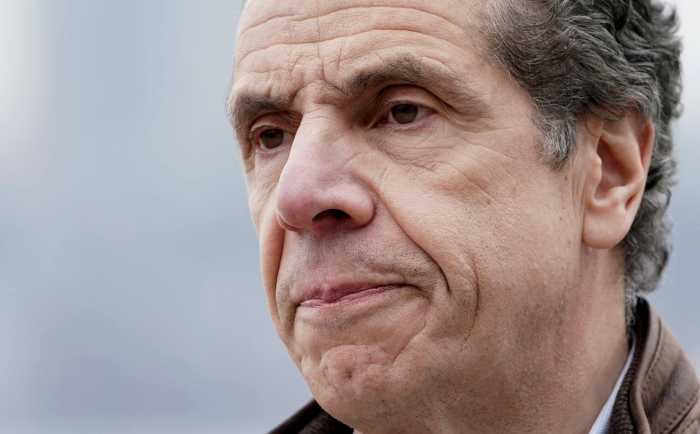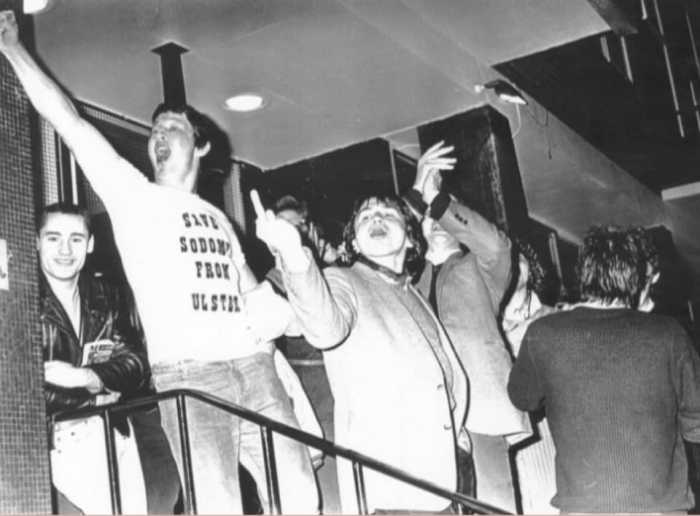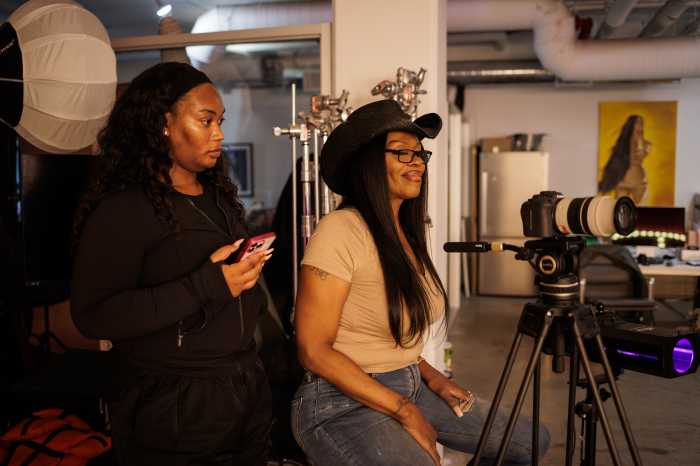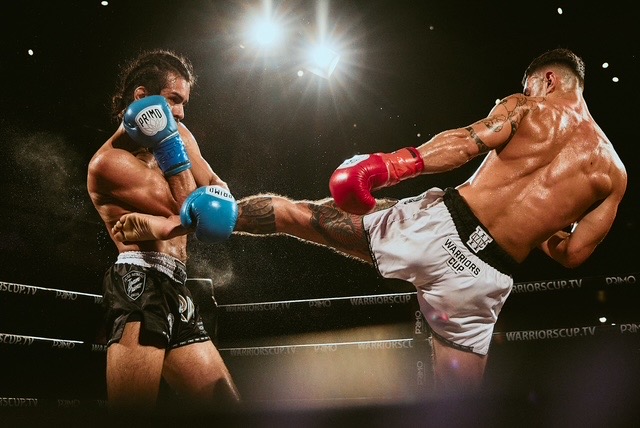Democratic presidential candidate Joe Biden on Tuesday blasted President Donald Trump’s response to U.S. protests over racism and police misconduct, vowing to try to heal the country’s racial divide and not “fan the flames of hate.”
Speaking in Philadelphia — a city rocked by sometimes violent demonstrations in recent days — the former vice president sought to draw a vivid contrast between himself and Trump, whom he will face in the November 3 general election.
“Is this who we want to be?,” former vice president asks in Philadelphia address
Biden, who served eight years as vice president under Barack Obama, the nation’s first Black president, cast himself as the candidate who best understands the longstanding pain and grief in the country’s black communities.
He said the killing of George Floyd, the African-American man who died at the hands of Minneapolis police last week, was a “wake-up call” for the nation that must force it to address the stain of systemic racism.
“We can’t leave this moment thinking we can once again turn away and do nothing,” Biden said. “We can’t.”
He accused Trump, a Republican, of turning the nation into “a battlefield riven by old resentments and fresh fears.”
“Is this who we want to be?” he asked. “Is this what we want to pass on to our children and grandchildren? Fear, anger, finger pointing, rather than the pursuit of happiness? Incompetence and anxiety, self-absorption, selfishness?”
Biden was particularly critical of Trump’s visit on Monday to an historic church across from the White House, which was preceded by law enforcement authorities dispersing a crowd near the church with smoke canisters and flash grenades.
“We can be forgiven for believing that the president is more interested in power than in principle,” said Biden, who accused Trump of “serving the passions” of his conservative base at the expense of the rest of the country.
Biden pledged he would “not traffic in fear or division.”
Biden, 77, has been under pressure from young African-Americans and other progressives to aggressively address racial and economic inequities in the country — and he has been increasingly talking in terms of sweeping societal change.
His long history in the Senate, where he authored a now-heavily criticized crime bill in the 1990s, has at times complicated that effort, sowing some mistrust among activists.
At the same time, he has been mindful of condemning the looting and violence that has marked some of the protests.
Trump campaign senior adviser Katrina Pierson accused Biden in a statement after the speech of making “the crass political calculation that unrest in America is a benefit to his candidacy.”
Trump on Monday called the violence at the protests “acts of domestic terror” and threatened to deploy the US military to secure the nation’s cities.
Biden’s speech on Tuesday at Philadelphia’s City Hall marked the first time he has left his home state of Delaware since mid-March, when the coronavirus outbreak forced him to halt in-person campaigning.
While Biden had made public appearances in Delaware in recent days and convened a virtual conference of big-city mayors on Monday, Tuesday’s speech suggested he may soon begin to again move about the country as states slowly re-open.
Biden formally launched his White House bid in Philadelphia last year, and it’s where his campaign headquarters — currently empty because of the pandemic — is located.
The city was also the birthplace of the US Constitution, which Biden cited in his speech as support of the right to peacefully protest.
“Our freedom to speak is the cherished knowledge that lives inside every American,” he said.

